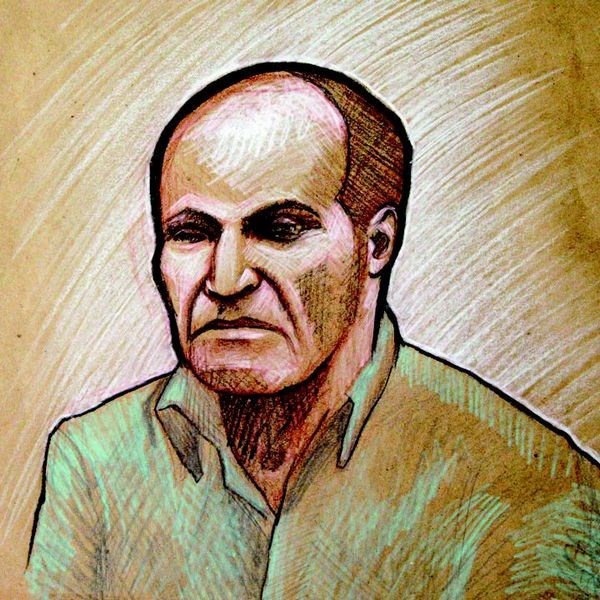A man convicted of second-degree murder in the shooting death of his wife will remain incarcerated after a Parole Board of Canada panel denied his bid for day parole.
In doing so, the panel found Denis Florian Ratte has made only "minimal progress" toward addressing a "capacity for extreme violence."
In December 2010, Ratte was sentenced to life in prison without eligibility to apply for parole for 15 years - he received credit for time served in custody before sentencing - after a jury found him guilty of second-degree murder in the August 1997 death of Wendy Ann Twiss Ratte, 44.
For years, the disappearance of the woman, noted for her involvement in the community, was a mystery.
However, the couple's daughter, Anna Sieppert, worked to keep the case on the police radar and Ratte eventually became the target of an elaborate undercover operation, known as a Mr. Big sting, in which police officers posing as high-level criminals worked to extract a confession out of him.
Ratte eventually confided that he killed his wife, shooting her from behind while she was feeding ducks in the back yard of their rural Prince George property, then disposing of her body in a swamp east of the city and leaving the family van parked at a supermarket, now Value Village, to make it look like she disappeared.
According to the panel's finding, issued Sept. 14, Ratte, now 68 years old, has claimed he was entrapped and has maintained his innocence. But the panel found the findings of the court "as more reliable and persuasive than your version of events and that you have demonstrated the capacity for extreme violence and deception."
Ratte's behaviour while in custody has been satisfactory, the case management team had expressed support for granting him day parole and he had been accepted into a halfway house in the Lower Mainland.
But the panel remained concerned, noting in part that after the murder, he was convicted and sentenced on a trafficking-related charge, indicating that his involvement in criminal activity was likely greater than his formal record and that he has an "entrenched criminal attitude."
"Your file states that you have little insight or understanding into your actions. Further, reports indicate you are very comfortable playing the victim role and blaming everyone but yourself. You have accepted little responsibility for your offending behaviour and express little by way of victim empathy," the panel said.
The panel went on to say Ratte has not "participated in any programs or other interventions to challenge the problematic thinking patterns and behaviours that contributed to your offending. Overall, the Board remains highly concerned that you are an untreated violent offender with outstanding risk factors and you are unwilling or unable to challenge your persistent cognitive distortions related to your role in the index offence and your willingness to point blame at others..."



